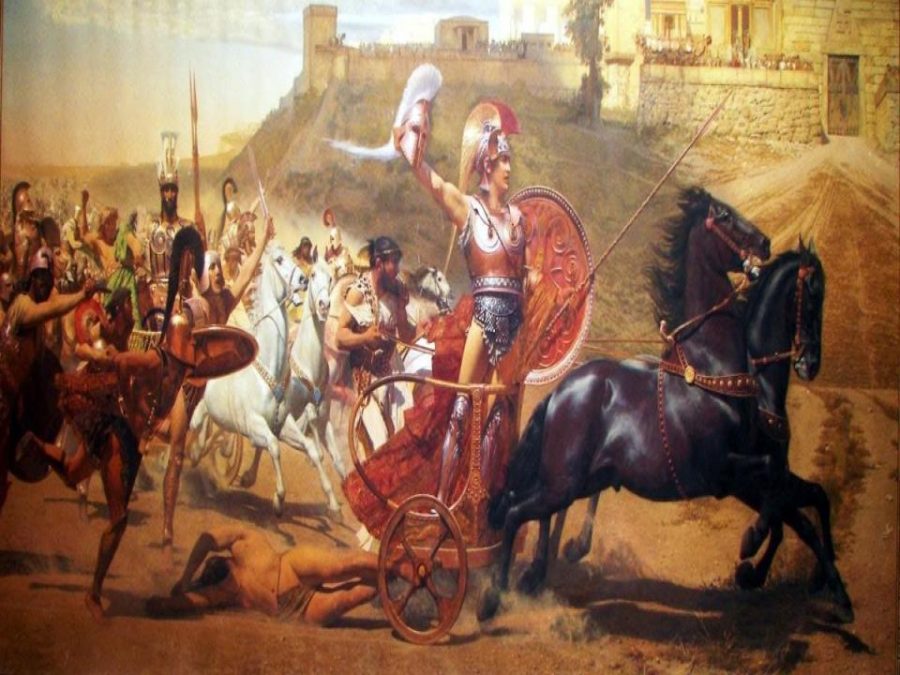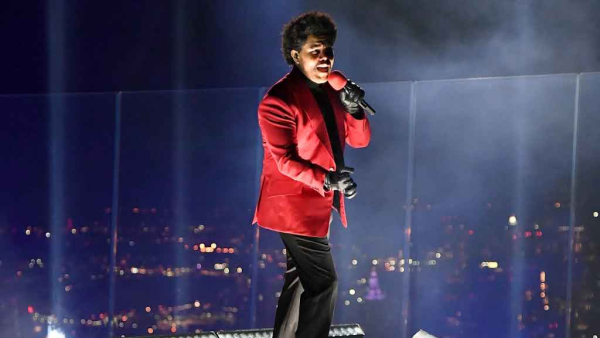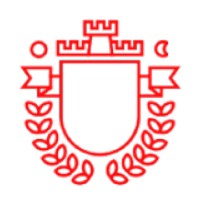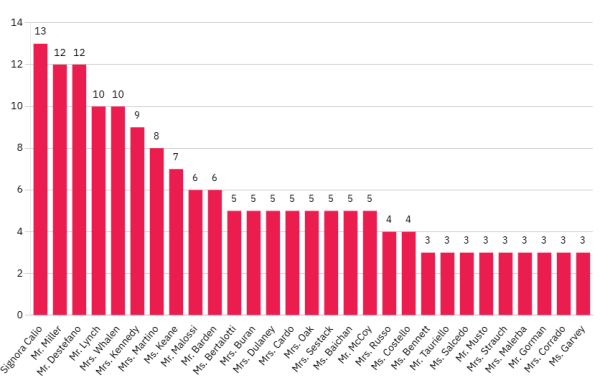Of Gods and Men: A Comprehensive Review and Character Study of Homer’s The Iliad
(Spoilers)
Whilst stuck is quarantine in the midst of the Covid-19 pandemic, I have begun poring over some of the great works of literature partly out of a stimulating curiosity, part a vapid schedule arising boredom. The Republic, Tarantula, The Odyssey, Antigone, The Art of War, assorted works of Bukowski, Hemingway, Orwell and Poe; yet the most galvanizing so far is that of Homer’s epic, The Iliad. Traditionally a work grazed over with a passing word in a world history class, is an ancient Greek poem attributed to Homer, although he was an oralist, not a writer. The Epic itself is set among a few weeks in the final year of a ten year siege of the city of Troy by a federation of Greek states—however the most famous of factions in the Trojan War is Achilles and his Myrmidons—a small army of mercenaries led by the famed warrior Achilles. Achilles has since become the stuff of legends, however it’s important to note that Achilles was a real person as was the rest of the characters in the epic, Achilles has been attributed as a Demigod and the themes of Dodekatheism are heavily present but we as readers can attribute this to the somewhat unreliable narrator of Homer. Homer’s speech itself implies divine intervention of ancient Greek Gods, but as readers we must take into account the pious nature of the lives of Ancient Greeks and that any unexplained phenomenons or even just coincidences, were attributed to a corresponding god or goddess. Moreover, we can correlate many of the events of Homer’s epic to fact as it is corroborated by many other accounts of the Trojan War as well as the remains of the city of Troy.
The Iliad itself is a massive work with dozens of subplots and story threads that would make this review dozens of pages long to properly tackle, so in an effort to chanel the Laconicism of ancient Greeks, I will be omitting many of the sub plots that do not weigh heavily on the story or further events (see Hephaistos’ creation of Achilles Shield and armor, Thetis’ position as a nymph as well as her roles of comforting Achilles and protesting Hephaistos, the dispute of Bresies) as well as mainly omitting the help the gods give (pushing Greek ships further on shore, the gods contacting Hector, omitting the gods shape shifting, etc) to further focus on the main storyline and give the proper attention to the historical value of the Trojan War. I also need to recognize that there are many interpretations of the story as a whole and the interpretation I discuss throughout this piece is in large part my personal thoughts on the characters and story as well as a culmination of other adaptations. There are also many characters with unexplained connections in The Iliad, a prime example being Patroclus, who has been depicted by essayists as many different things; including, Achilles’ cousin, a fellow soldier, and often as Achilles’s romantic partner, however, to simply Patroclus’ role without truncating the importance of his character, I will refer to him as a dear friend of Achilles. Without further adieu, let’s dig in:
Summary:
To provide a VERY VERY brief summary of the gist of The Iliad. The main cause of the Trojan war which happens over nine years before The Iliad takes place, is that Paris (a prince of Troy) begins an affair with Helen of Sparta (wife of Menelaus, known as the most beautiful women in the known world), on the heels of a treaty being signed between Troy and all of Greece (Greece being ruled by Agamemnon, brother of Menelaus). After the treaty has been signed, Paris of Troy sneaks Helen of Sparta onto his ship heading back to Troy. This enrages Paris’ older brother Hector (Heir to the Trojan throne, known as one of the greatest warriors of the time) however Hector opts to continue the journey to Troy and notify their father, King of Troy, Priam, so that he may deal with this situation. Once arriving in Troy, Priam recognizes that the unrequited love between Helen and Paris will surely incite a war, whether Helen is returned to Menelaus or not. In this recognizance, Priam allows Paris and Helen to unite, effectively letting Helen of Sparta, become Helen of Troy. At this same time, whilst Menelaus realizes his wife has been smuggled to Troy, wastes little time sailing the Spartan army to Agamemnon (Ruler of Greece, older brother of Menelaus) and requesting that Agamemnon raise all the Greek armies to sail with him to Troy and retake Helen in order to restate Menelaus’ honor. Agamemnon—a famed conqueror with a thirst for power—recognizes this as an opportunity to void the peace treaty and conquer Troy under Greek rule. Continuing, Troy has fought in many years and the tall strong walls of Troy have defied every enemy who attacked it, and was not afraid of a short Greek occupation of the Trojan beachhead, as they believed they would not last an extended period of time attempting to siege Troy. In order to bolster the Greek forces, Agamemnon sends for the famed warrior and mercenary Achilles and his force of Myrmidons to help secure the city of Troy. Achilles is known as one of the greatest warriors to ever exist, as he is raised to the status of being a demigod due to his vociferously skillful tactics and mastery in battle. Achilles brings with him many men who fight willingly for him, one of his commanders being his dear friend and confidant Patroclus. The Trojan’s themselves rally to fight for the honor of their country and the love of the sons of Troy, while the Greeks come to fight for power and the satisfaction of blood. Fast forward nine years, the Greek army sacks Chryse, a town allied with Troy. During the battle, the Achaeans capture a pair of beautiful maidens, Chryseis and Briseis. Agamemnon, the leader of the Greeks forces, takes Chryseis as his prize, and Achilles, claims Briseis. Chryseis’s father, Chryses, who serves as a priest of the god Apollo in Troy, offers an enormous ransom in return for his daughter, but Agamemnon refuses to give Chryseis back. Chryses then prays to Apollo, who sends a plague upon the Greek camp. After the Greek forces are decimated by the plague, Agamemnon consults a prophet who highlights that Chryseis was the cause. Begrudgingly surrendering her, Agamemnon takes Briseis from Achilles. This causes great anger from Achilles who feels his honor has been insulted and refuses to fight. He wishes for the gods to aid the Trojans, and in the night the Trojans mount a surprise attack killing many Greeks. As days pass, more and more Greek commanders fall and soldiers are slaughtered, until the Trojans set fire to many Greek ships, they become stranded and now face imminent defeat by the Trojans. In order to raise morale, but still far too proud and arrogant to fight himself, Achilles allows Patroclus to wear his armour and fight while pretending to be him. In the ensuing battle Patroclus is slain by Hector of Troy and the body is brought to Achilles. Filled with grief and a rage that even Ares would be proud of, Achilles storms the Trojan camp and slays every soldier he sees with a blind fury. In terror the Trojans flee inside the city but Hector does not join them. In a remarkable duel, Achilles and Hector fight, both nearly evenly matched and each striking decisive blows, Achilles slays Hector in a bloody cacoethes. Further in a fit of arrogance and cruelty, Achilles drags Hector’s bloodied corpse behind his chariot in front of Priam, Helen, Paris, and the entire Trojan Army. A nine day funeral procession is held for Patroclus where Achilles drags Hector’s body around the funeral brier each day. After this, Priam sneaks into Achilles tent under cover of darkness and pleads him for the return of Hector’s body, petitioning him for mercy. Achilles allows Priam to take the body and leave unharmed, Hector is then given a hero’s funeral and a temporary truce is called.
Although The Iliad ends at this point, we know from other literature that in the ensuing weeks Paris eventually shoots an arrow that hits Achilles in the heel and kills him (although they’re are other interpretations that say Achilles was shot by a poisoned arrow while scaling the walls of Troy). Achilles’ body was taken by the Greeks, burned and then placed in the same urn as Patroclus. Furthermore Paris is shot by a bow from a Prince of Greece days later. Sometime later it is said that the Greek’s built a large wooden horse, hid many soldiers inside of it, and left it on the beachhead as an offering to the Trojans. The Greeks then burned their camps and did a tactical retreat to a nearby island. The wooden horse (dubbed the Trojan Horse), was brought inside Troy as an offering to Apollo and a sign as a Trojan victory, but in the dead of night, the soldiers inside the horse snuck out, murdered the drunk guards and opened the gates of troy to let Agamemnon’s army enter. In the ensuing hours, Troy was ransacked and burned to the ground. All men were slaughtered in violent ways—hung from buildings, mutilated, flayed, tortured, beaten. Babies were killed with no regard, with Hector’s infant son being tossed over the walls of Troy to his death while Hector’s wife watched. Women were raped and imprisoned, all to become concubines and slaves—while Helen of Troy was murdered by Menelaus himself after he murders her second Trojan husband Deiphobus. Although brutal and uncomfortable, this is the history of the Trojan Wars and it would be ignorant to sanitize this.
Review and Analysis:
The Iliad masquerades itself thoroughly as an Epic, but truly the pages themselves weep with the devastation of war and illustrate it more as a tragedy. For the Trojan War was short of heroes. Defined by cowards and martyrs, even the victor couldn’t conform this history into a source of nationalist pride. Achilles today has been remembered as a great warrior, the savior of the Trojan Wars, and as a demigod. But he was just a man. We idolize him as a mythological hero akin to Theseus. But Achilles was no Hero. He fought in the Trojan War as a mercenary, commanding legions of his men to their fates for his own glory and for coin. He had no care and no regard for the safety of Greece or the love of his country. He fought for himself, he longed for the glory of battle and wanted to carve his name into the annals of history—and at that he succeeded. Achilles has become a warrior of legend, but he surely is no hero. Even having sent his good friend Patroclus and his Myrmidons to battle and subsequent death while he sulked at camp like a petulant child.
If you want a hero in this story, if you want a true inspiration, you’re looking at the wrong perspective. Hector of Troy is a true hero, one worthy of admiration despite his failure. Hector, the heir to Troy, protected his brother when he stole the wife of Menelaus. He could have turned around and given Helen back to Sparta, however it’s likely they would’ve demanded either fealty or Paris’ head, yet this would have prevented a war entirely. Instead Hector protected his brother against all. And this was his Hubris. We know from other literature that Paris offered a duel between him and Menelaus to end the conflict, however after being beaten bloody and on near death Paris ran away from battle and thusly allowed the conflict to continue. Once again Hector could have presented Paris to Menelaus and allowed them to kill him and end the war, but Hector chose to protect his brother. Continuing to lead the Army of Troy to battle for indiscretions of his brother. And valiantly so did he fight, nearly winning the conflict many times however pulling back out of respect and dignity for his adversary. Hector fought for what no Greek on the Trojan battlefields could say. He fought for his country. He fought for Troy. He fought because he knew if they lost, it would mean the death of everyone he had held dear and surely that of his darling brother. And for that he is the hero of this tale. Hector’s final heroic deed was to stay behind and cover the retreat of the Trojan soldiers as Achilles slaughtered his countrymen. Because of this mistake, Achilles slays Hector in a brutal fashion and initially rejects him respect and pride, by dragging his mangled corpse around in the dirt while his family and countrymen watch. Although in the end Troy falls and Hector was unsuccessful, it’s important to recognize the honor, courage, and valor he displayed in a war with little but only villains:
Menelaus—a selfish blowhard who wants nothing but to restore his honor by killing all those in his way.
Agamemnon—a brutal conqueror with a need for authority and absolute despotism.
Helen—a selfish woman who brought a war onto a country because she refused to deal with a man she was married to herself.
Priam—a foolish leader who led his country into a decade long war just for his son’s love with a woman, causing the collapse of a treaty and the destruction of an empire.
Paris—a coward who relied on Hector to protect him from his own mistakes, mistakes that doomed his country and his family.
Achilles—a courageous warrior with a thirst for blood and a disregard for honor and integrity.
“Without a sign, his sword the brave man draws, and asks no omen, but his country’s cause. ”-Homer
Throughout all of The Iliad there is a shortage of heroes and noble men, but selfish men who can be described in the likeness of villains are plentiful. But after much thought I’ve come to think that this is the point. The Iliad is a true story. It’s not about courageous heroes and stories of valor. It’s about war—real, true, pure war. With every sword slash there is now a widowed woman, a fatherless child. The Iliad is a complex poem about war and it’s brutal realities. There are no happy endings. There is no hero’s funeral until you’re dragged through the dirt. There is no honor in death, only an honor in life knowing you’ve done the best you can to make the world a better place. The Iliad is as real as war was depicted for this time period, yet it was misinterpreted as a heroic story of the mighty Achilles slaying the inhumane Trojans for the glory of Greece. But Greece shares no glory in the shadows of the legend of Achilles. As we’ve seen through this realist depiction of warfare (particularly during the peloponnesian wars), it’s clear to see that no matter how “glorious” a victory might be, there is no true glory in war.
For those reading who’ve not had the pleasure of reading The Iliad, I implore you, despite having just read a short summary and analysis of the epic, go forth and read it. The Iliad is one of the most beautiful works of literature, and I truly believe it demands a read by all. Through this short essay I have barely scratched the surface of the themes, motifs, and plotlines of The Iliad, especially having glossed over many characters and plotlines in order to prioritize a streamlined and straightforward depiction of the main storyline, this truly would hardly affect your own read. The words of Homer are powerful, and I vehemently believe this is an essential read for everyone and anyone. Among the many many books I have read, The Iliad will stand alone for years to come as I recommend to anyone and everyone and as much as I supplicate for you to read this epic, just know I’ll lend my copy anytime.
Final Score: 10/10

Aidan—Dadcliffe—Radcliffe is a senior at Bethpage High School, and returning to journalism for his second year. In his free time he rewatches...











